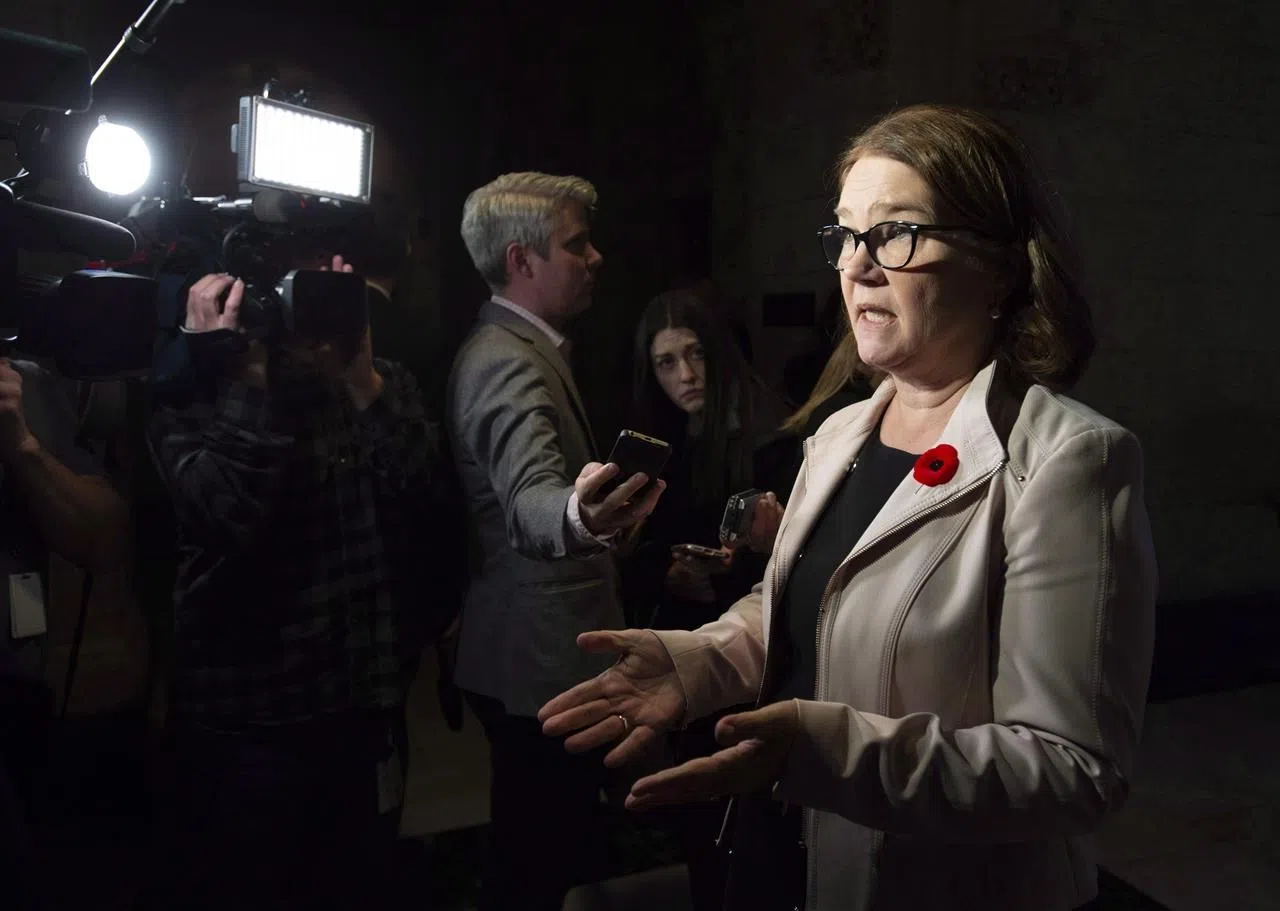
Feds to introduce co-developed legislation on Indigenous child services in 2019
OTTAWA — Indigenous leaders expressed optimism Friday that the federal government is finally trying to fix a child-welfare system that has become Canada’s modern version of residential schools.
Indigenous Services Minister Jane Philpott intends to introduce legislation early in the new year that would enshrine principles for Indigenous child welfare into federal law, she announced, including community control over decisions made for children and no longer using poverty alone to justify taking children from their parents.
The broad strokes of the bill were set over the last year in consultation with Indigenous leaders and families after years of cries from Indigenous parents that their children were not receiving the care they deserved.
The federal government is responsible for child welfare on reserves but has chronically underfunded the agencies that provide it. Children placed in foster care, however, are cared for by the provincial authorities that handle child welfare for everyone else.
